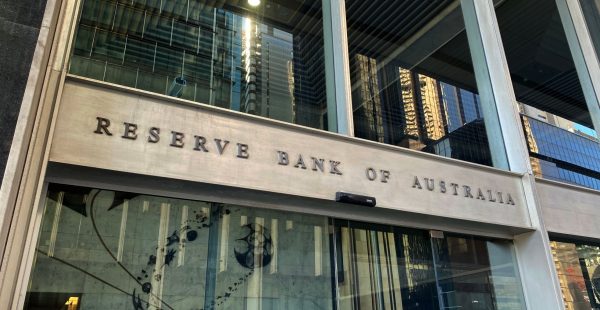Private Credit – Need for material improvement says ASIC

There are areas of the Australian private credit market that need to materially improve their behaviours around governance, transparency, fees and interest rates and the use of structuring, according to a new Australian Securities and Investments Commission (ASIC) report.
The regulator has pointed to some private credit operators and investment managers demonstrating strong practices that set a benchmark, while referencing otherse that are falling short.
In doing so, it provided examples of poorer practices including weak governance, poor management of conflicts of interest and poor valuation practices.
ASIC said some of the poorer practices identified in its review “are inconsistent with ASIC guidance and potentially contravene financial services laws – including the Australian financial services licensee obligations to provide financial services efficiently, honestly and fairly, as well as prohibitions against misleading or deceptive conduct”.
“ASIC will use its regulatory and enforcement tools when we identify misconduct. We have already issued stop orders on several target market determinations (TMDs) due to poor disclosure and distribution of retail private credit funds. We have also commenced enforcement investigations in instances of more egregious conduct,” the regulator said.
The following represents the examples as outlined by ASIC:
Inconsistent and unclear reporting and terms, masking portfolio risks and challenging investor decisions
- The retail and wholesale funds in our review reported low levels of default, generally ranging from 0% to 6% of the loan book. Funds defined the term ‘default’ differently and described ‘loan security’ inconsistently.
We are concerned that private credit fund reporting may not provide investors with a true reflection of non-performing and distressed fund assets.
Opaque interest margins and fee structures, obscuring the risk and cost to investors
- Only four of the 28 funds published information about the interest rates or ranges charged to borrowers (such as the weighted average interest rate charged to borrowers).
- Only two retail funds quantified the interest earned from their assets and borrower fees, and disclosed theretained amounts as part of their wider management fee in the product disclosure statement (PDS).
- Only one wholesale fund passed on the full economic benefits of interest earned from its assets and other borrower fees (e.g. origination, default and restructure fees). In a contrasting example, the manager took a substantial interest margin of 7.5%.
Weak governance and poorly managed conflicts of interest, risking harm to investors and confidence
- Less than half of the funds (seven retail and five wholesale) had detailed, written credit or impairment and default management policies in place, prompting concerns that credit risk is not properly managed across the market, which exposes investors to risk.
- Half of the wholesale funds did not have a policy governing the fair allocation of investment opportunities across multiple funds and co-investment vehicles managed by an investment manager with overlapping investment strategies.
Poor valuation practices, impacting entry and exit prices, performance and fees
- Most funds we reviewed did not have effective separation between the investment committee approving loans and the representatives responsible for monitoring loan assets’ performance and value after allocation into a fund, or for overseeing independent third-party valuation of loans.
Inadequate practices in key risk areas, indicating poor preparedness for stress scenarios
- Of the wholesale funds, only two performed stress testing as part of their liquidity risk management.











ASIC should cancel Interprac's AFSL already, like the other 4. Or is it too big to fail?
Should be fine though cause Crole said they did nothing wrong
Where’s the Govt MIS review started 2023 by Hot Mess Jones ? Hot Mess Jones buried it real deep. And…
You'd probably never work with me because you're probably unemployable in the private sector.
Ladder board of top leaches.